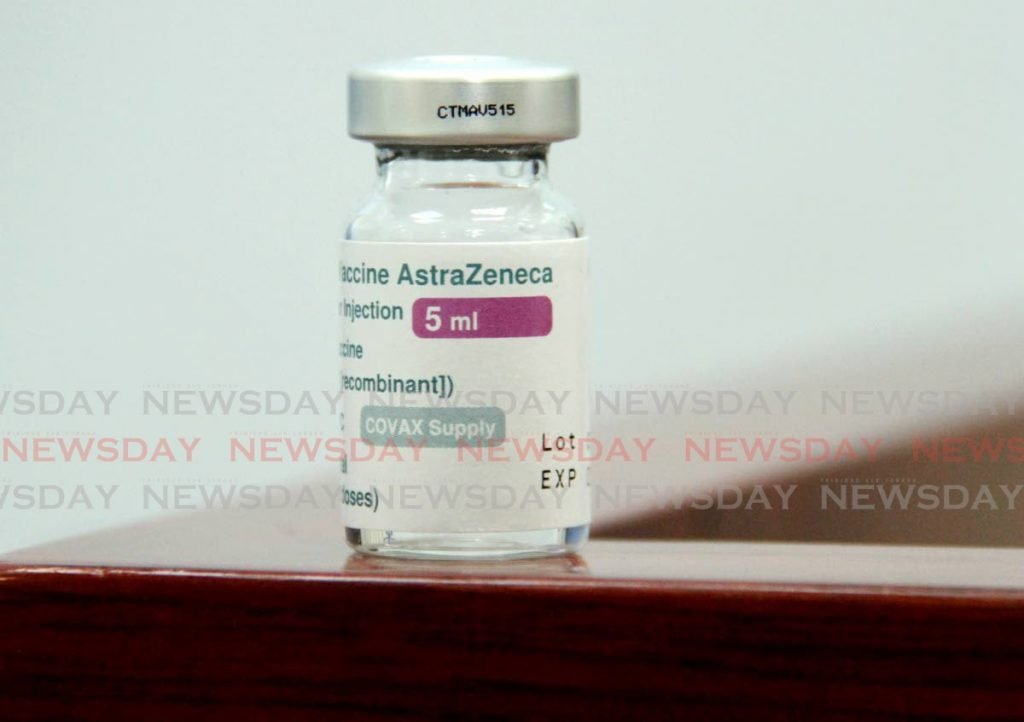Can employees be dismissed for refusing to get covid19 vaccine?

The simmering industrial relations issue of whether an employee can justifiably be dismissed for refusing to be vaccinated has started to bubble over.
It is just as well that we take a good look at the issue now, when we know that out of a workforce of some 800,000 souls, the total stock of vaccine on the island cannot inoculate even a tenth of that number rather than the 70 per cent the WHO recommends, before we can open our borders again. It is clear that WHO now says that no vaccination will prevent anyone from getting the coronavirus. We will still get it, but the symptoms are not likely to be so severe as to be deadly.
The probability of commercial firms, particularly those in the hospitality industry making vaccination a pre-condition of continuing employment here is small, but not non-existent. Being forced to take the vaccination, which involves penetration of the body into the bloodstream and therefore the entire physical system of a human being, is highly sensitive. That is why cosmetics and drugs are tested on mice and rats.
Vaccination passports are not unknown in employment history. Diplomats and employees of many international agencies are required to get a series of vaccinations such as for malaria and yellow fever before going to serve in countries where those diseases are endemic. Most children have to be vaccinated against diphtheria, whooping cough, and tetanus before going to school. I distinctly remember being isolated in a dark room for a miserable week when I was four after being inoculated against smallpox before being allowed to go to primary school. It was mandatory.
But there is no legislation yet demanding compulsory vaccination against covid19 in the Caribbean.
As far as I know, assuming the continuing absence of anything approaching universal availability of vaccine, even in India where it is being manufactured, I assumed it is unlikely to be here, either. Trinidad and Tobago's health minister, in January, said taking the vaccine is not mandatory and people can't forced to do so.
The Employment Termination and Redundancy Payments Act in Jamaica, as most employers will recognise, has a provision very similar to ours that insists that a dismissal must be for just cause or "fair” and ultimately it will be up to the Industrial Tribunal in Jamaica and our court here, to determine what “fair” and “in accordance with the principles of good industrial relations” means. Obviously, good industrial relations means “taking in front before in front takes you”.
News last week from the Grenada Hotel and Tourism Association is that the Keith Mitchell administration has mandated that everyone working in the tourism industry in that country must be vaccinated or lose their jobs. Presumably, this means the Grenada is one of those fortunate countries to have a full complement of vaccines for all relevant employees.
Unless such vaccination is mandated by law, or government regulation it should be made known and made part of employment contracts and collective agreements.
It may be sensible therefore to take the following into account before the matter arises here if and when sufficient vaccine becomes available:
1. Who will pay for the vaccine when government can no longer afford it…employer or employee? If this becomes a criterion for employment in your organisation, budget for it now as a contingent liability.
2. Because the vaccine will not prevent people from catching covid19 (or subsequent variants), only preventing an advertised percentage of people from getting the most severe symptoms, determine now what the criteria of “fairness” will be.
3. Ask the Occupational Safety and Health Authority and Agency well in advance for criteria of safety to be observed by all employees in relation to the pandemic. Make sure that these are known to all employees in writing.
4. Before hiring any new employees make sure that they sign an agreement with these criteria as a condition of employment.
5. Since transmission of the virus from one person to another can only take place in limited circumstances (WHO says the virus does not survive on surfaces, for example) make it very clear what the sanitation standards are and what the penalties will be for transgressing them. You may have to change these later, as WHO requirements have changed and switched back over the past year. Most environmental rules do vary as the environment changes but employees must not be left to guess what the requirements are.
6. Remember that all employers owe their employees and clients or customers a “duty of care” under common law and one of those duties is a safe environment. Many cases have gone to court when an employee falls or gets an environmentally caused illness that could be preventable.
7. The manufacturers of the vaccine will not accept liability for either illness, disablement or death by anyone who takes the vaccine, so employers cannot get insurance against such reactions either
8. Employees should be asked now to inform their employer in writing of any religious, medical or conscientious objection to receiving the vaccine where the employer is considering making this a condition of employment.


Comments
"Can employees be dismissed for refusing to get covid19 vaccine?"